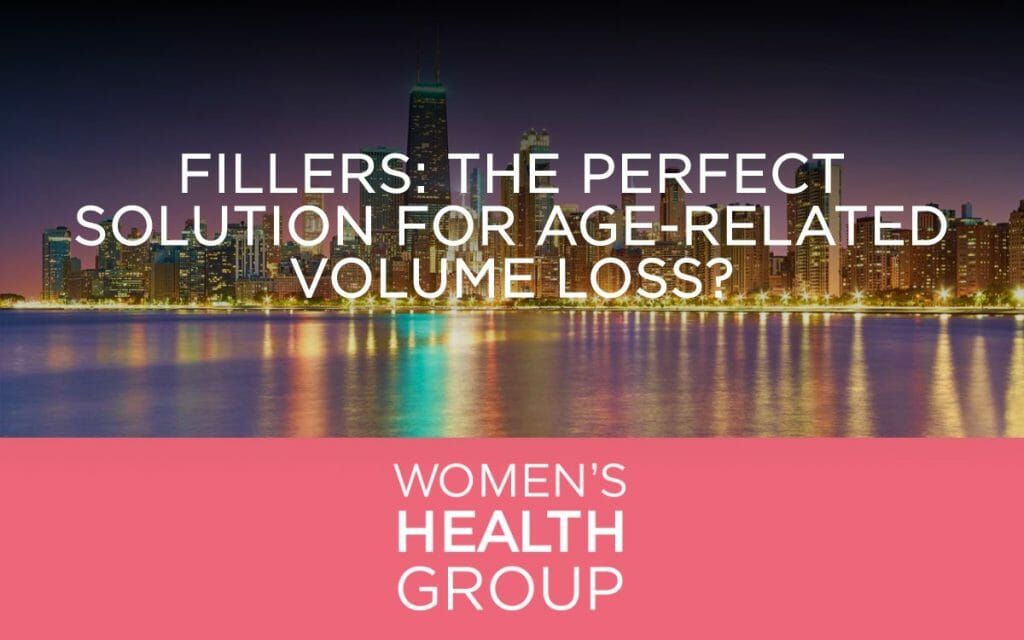Understanding Age-related Volume Loss
As we age, our bodies go through significant transformations. One of the most noticeable of changes is age-related volume loss. This isn’t another way of discussing weight-loss; it refers specifically to the reduction in collagen, elastin, and hyaluronic acid which contribute to the youthful fullness of our skin. To help you understand the causes of volume loss and its implications on our overall health and well-being, the experts from Women’s Health Group, the best Obstetrician-gynecologist group in Chicago have taken the time to provide detailed insights on this subject.
Experiencing Volume Loss: A Natural Aging Process
When growing older, our bodies slowly reduce the production of natural substances including collagen and elastin that is responsible for providing our skin with its youthful firmness and elasticity. The reduction in these necessary elements can lead to sagging skin, fine lines, and wrinkles, known specifically as volume loss.
According to information available at the Mayo Clinic, the fat that initially gave our face a soft, rounded appearance starts to diminish with time, causing our facial muscles to work closer to our skin surface. Coupled with the natural skin stretch due to repeated facial expressions, this process is a significant contributor to age-related volume loss.
Spotting the Signs of Volume Loss
How can you tell if you are experiencing volume loss? Here are key indicators to be aware of:
– Deepening of nasolabial folds (laugh lines)
– Hollow or sagging cheeks
– Wrinkles around the mouth area
– Laxity in the jawline or jowls
– Shift in fat distribution resulting in a more gaunt appearance
Fillers: A Potential Solution?
When it comes to addressing age-related volume loss, dermal fillers have emerged as a popular solution. These fillers are injectable solutions that aim to fill in the spaces where sagging has occurred, restoring a more youthful, fuller appearance to the face.
Fillers primarily use substances that are naturally found in our body, such as hyaluronic acid. When injected, these fillers not only replace lost volume but also stimulate the body to produce more collagen.
Types of Fillers and Their Applications
Today, a wide range of dermal fillers are available, each designed to address specific concerns. Some popular choices include:
– Hyaluronic Acid fillers: Juvederm, Restylane, Belotero
– Calcium Hydroxylapatite fillers: Radiesse
– Poly-L-lactic Acid fillers: Sculptra
– Autologous fat injections: fat grafting or fat transfer
Depending on the type of filler and area treated, the effects can last from several months to over a year with proper maintenance.
Risks and Considerations with Fillers
As with any medical procedure, there can be potential risks and side effects associated with fillers. These may include:
– Redness, swelling, or bruising at the injection site
– Possible infection
– Reactivity or allergic reaction
– Lumpiness or irregularities in skin texture
– Movement or dislodgement of fillers
Therefore, it’s essential to discuss your health history and concerns with your provider before opting for any filler treatment.
Fillers and Women’s Health
While the primary purpose of fillers is to retain the youthful appearance of skin, there is also a significant impact on overall women’s health. According to research available at Women’s Health, physical appearance can significantly impact women’s mental health, self-esteem, and social interactions. Hence, by indirectly addressing these issues, fillers could contribute positively towards women’s holistic health.
Final Thoughts
While age-related volume loss is a natural part of the aging process, innovations in dermatology present solutions that can help us address these changes effectively. However, it is essential to consult with a certified Obstetrician-gynecologist before taking any steps. Remember, treatments like fillers are not just about reclaiming our youthful appearance; they are also about nurturing our mental and physical health, which in the end, truly defines our beauty.




